81 F. high temperature in the Twin Cities Wednesday.
78 F. average high on June 11.
79 F. high on June 11, 2013.
June 11 in Minnesota weather history. Source: Twin Cities NWS:
2001:
Severe weather over central Minnesota. An unofficial wind gust of 119
mph is reported at a seed farm 1 mile northwest of Atwater. A storm
chaser's car was battered when he got too close to the storm. Most of
the windows in the car were broken.
1996: 5.91 inches of rain fell at Mankato. Mudslides closed roads including Hwy. 169. Mud pushed a trailer home 20 feet down a hill.
1922: Hailstorm at Maple Plain causes much damage to crops.
Biometeorology
All
those weather-related aches, pains (and rants) from Aunt Lena over the
years may have some basis in science, after all. Our bodies are mostly
water. Just as the moon exerts a tidal tug, small fluctuations in
atmospheric pressure in the fluid of air overhead may leave some of us
feeling more pain and discomfort.
New
Dutch research
from Rotterdam shows a possible connection between increases in
humidity & pressure - and more pain for osteoarthritis sufferers.
Some are more vulnerable to micro-swings in weather than others, but a
few of us are walking/talking barometers!
Forget the weather models, I'm going to trust my friends with arthritis to provide a jump on the forecast.
The
pain index rises today with spiking barometric pressure behind a cool
front. Expect gusty winds, highs in the 60s with showers tapering early.
A fine, sun-scrubbed Friday gives way to another ill-timed warm frontal
passage this weekend.
Showers and T-storms are likely Saturday
into Sunday; another wave of potentially heavy rain late Monday into
Wednesday. In fact the latest ECMWF model prints out another 1-2 inches
of rain by June 21.
The forecast calls for more overflowing lakes and aching hips.
Sorry Lena.
* here's a good primer on the emerging field of
biometeorology, courtesy of Wikipedia. It seems to be of far greater interest in Europe than in the United States.
2.53" additional rain
predicted for the Twin Cities by Sunday morning (NAM model). Heaviest
rains are forecast to come during the day Saturday. Of course.
Wednesday Severe Weather Reports.
NOAA reports a funnel cloud near Pennock late Wednesday, 1" hail and
flash flooding north of Wadena and Staples, the same severe storm that
went on to drop trees on the south side of Pelican Lake. More details in
chronological order from the
Twin Cities National Weather Service.
Status Quo.
The core of the main belt of jet stream winds continues to sag farther
south than usual for mid-June, sparking a series of unusually strong
storms for the northern tier states. Showers early Thursday give way to
partial clearing and gusty northwest winds for Minnesota and the Upper
Midwest. It may look and feel more like early October out there at times
today. A lull Friday gives way to another warm frontal passage over the
weekend, sparking more T-storms. NOAA NAM Future Radar: HAMweather.
June Soakers.
7-day rainfall estimates reach as high as 2-4" from Tulsa to Des
Moines, the Twin Cities and northern New England; an unusually wet
pattern east of the Rockies, but no rain expected for California and
most of the southwest USA. Map: NOAA.
Cool Thursday - Then Slow Warming Trend.
Guidance from ECMWF and The Norwegian Meteorological Institute shows a
slow warming trend from Friday into early next week. Clouds and
scattered T-storms will probably keep us in the 70s Saturday; if the sun
comes out for a few hours Sunday afternoon we may hit 80F, with a
better chance of low to mid 80s Monday and Tuesday. Another surge of
showers and T-storms arrives Tuesday into Wednesday of next week.
Source: Weatherspark.
Tornado Touchdowns by Longitude. Graphic courtesy of Tim Brice at the El Paso NWS and
Climate Central.
Waterspout! Thanks to Veteran Traveler and
Twitter for passing this one along.
Here's How Many Hours Of Your Life You've Lost To Traffic.
Cheer up, residents of Honolulu spend more time stuck in traffic than
we do in the Twin Cities. But L.A. still tops the list of commuting pain
and woe. Here's a clip from
Huffington Post: "
Morning
and evening commutes can be a frustrating experience, but we've got
something that will make you cringe even more than the sight of brake
lights ahead. We've tallied up the total number of hours you spend on
your way to and from work, depending on where you live. And the numbers
may surprise, or even horrify you. Take a look at the infographic below,
which shows the average number of hours you lose in a year while
commuting..."
Warren Buffet Ready To Double His $15 Billion Investment in Wind and Solar. Details at
Bloomberg.
Trying To Have A Baby? Guys, Take The Phone Out Of Your Pants Pocket.
This is probably intuitive, but if there's a baby in your future you
might want to store your smart phone someplace other than your pants.
Personally, I'd like to hire someone just to carry my phone and take the
calls I don't want to take. Here's an excerpt from
Time Magazine that made me do a double-take: "
It
may be time to take the phone out of your pants pocket, gents. A new
study found that the low-level electromagnetic radiation (EMR) that
mobile devices emit lowered sperm motility by 8%, and viability by 9%
Even while the debate over whether cell phones cause cancer
rages on, researchers are starting to explore other potentially harmful
effects that the ubiquitous devices may have on our health. Because
they emit low-level electromagnetic radiation (EMR), it’s possible that
they can disturb normal cell functions and even sleep..."
Here Are The 31 Countries Google Won't Draw Borders Around. I found this nugget at
Quartz fascinating; here's an excerpt: "
Google may be standing up to government surveillance, but on Google Maps it shies away from conflict. The
company displays the borders of 31 states differently than the other
162 members of the United Nations. Many of these countries have long
had disputed borders or are currently facing military conflicts..."
TODAY: Early shower, then partial clearing, windy and cool. Winds: NW 15-30. High: 68
THURSDAY NIGHT: What June? Clear and cool. Low: 50 (40s in the suburbs).
FRIDAY: Best day in sight. Blue sky, less wind. Dewpoint: 45. High: 76
FRIDAY NIGHT: Clouds increase, few T-showers far western/northwest MN. Low: 58
SATURDAY: More clouds, humid. Scattered T-storms. Winds: SE 10. High: 78
SUNDAY: Storms taper, some PM sun. Wake-up: 64. High: near 80
MONDAY: Some sun, isolated T-storm late. Wake-up: 63. High: 82
TUESDAY: Sticky, swarms of storms. Wake-up: 64. High: 81
WEDNESDAY: Showers & T-storms, some heavy. Wake-up: 62. High: 77
Climate Stories...
So Much Arctic Ice Has Melted That We Need A New Atlas. Details from
Quartz; here's the intro: "
It used to be wars, Communism and colonialism that kept atlas illustrators on their toes. These days, though, their biggest headache is global warming. For
instance, when the National Geographic Atlas of the World is published
this coming September, its renderings of the ice that caps the Arctic
will be starkly different from those in the last edition, published in
2010, reports National Geographic. That reflects a disquieting long-term trend of around 12% Arctic ice loss per decade since the late 1970s—a pace that’s picked up since 2007..."
If Global Warming Is Real, Why Was It So Cold and Snowy Last Winter?
A more than reasonable question, right? We are hard-wired to react to
weather, short-term variations in the atmosphere floating overhead,
rather than longer-term trends in climate. We look out our windows and
assume that this must be happening (everywhere). Unless you can peer out
your window and see global temperatures it's a bit short-sighted.
That's why we have (wait for it)....climate scientists. Here's an
excerpt of a recent survey from
The University of Michigan: "
More
Americans view global warming by what they see outside their windows
and not scientific evidence, according to a University of Michigan
survey. While a majority of Americans still believe that global warming
is occurring, the cold and snowy winter of 2014 created more
disbelievers, according to the National Surveys on Energy and
Environment..."
3 Reasons You Shouldn't Lose Hope On Climate Change.
Grist has a few compelling arguments and precedents; here's an excerpt: "...
It
just so happens that all those red, orange, and yellow nations are in
South America, Africa, India, and Asia. The greener nations are all in
North America and Europe. Now, Klein is a very smart guy, but given the
fact that the worst impacts will be felt in nations where people of
color are the majority, is “game over” really the message you want to
roll with? Really? Serious question: If the colors were flipped, or if
the yellow and red were more equally distributed across the U.S.,
Europe, Asia, and Africa, would we still be singing “game over,” or
would we pulling together one of those WWII, “we all in this together”
efforts?..." (Image above: Standard & Poor's, 2014).
Scientists In Focus: Lyman and Johnson Explore The Rapidly Warming Oceans.
Considering this is where the majority of the excess heat triggered by
greenhouse gases is going - it's probably a good idea to keep an eye on
this. Here's an excerpt from a story at
The Guardian: "...
Johnson's research is important because,
"With
the buildup of greenhouse gasses in the atmosphere, more energy enters
the Earth environment than escapes. Over the last 4 decades, 93% of this
energy imbalance has warmed the ocean, with about 3% warming the land,
3% melting ice, and 1% warming and adding moisture to the atmosphere.
Warmed oceans also expand, raising sea level. Hence measuring how much
the oceans are warming and where is important to understanding how much
and how fast the Earth will warm and sea level will rise."
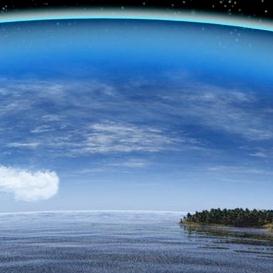
Vermont Is First U.S. State To Create Long-Term Climate Plan.
New Scientist has more details; here's a snippet: "
Vermont's
assessment predicts what will happen locally over the next century
using both local weather data and standard scenarios for global warming
used by the Intergovernmental Panel on Climate Change. Some news is
good, such as longer growing seasons for farmers and heavier winter
snows to attract skiers over the next 25 to 40 years. Some is not so
good, such as the likelihood the snow will turn to rain after that
period, and the chance that pests will plague farmers all year round..."
Go Easy On The Climate Fatalists. They're Having A Hard Time. Here's a clip of an Op-Ed from
Bloomberg writer Eric Roston: "
These
must be rough days for climate change fatalists. Solar and wind power
costs have plunged. Companies compete for climate bragging rights. The
United States is increasingly arguing about disputable policy approaches
instead of indisputable scientific facts. There's just a lot going
right. More than 20 years after diplomats and environmentalists started
getting together every year to generate fat United Nations documents and
bad geopolitical vibes, smaller-scale climate policies are taking hold
in places like China, the U.S., Mexico..."
Why Is Climate Communication So Hard?
"Global Warming" or "Climate Change"? Why does it matter, and how do we
better communicate the science and (local) impacts? Here's a clip from
an interesting story at
The Guardian: "...
The
debate about terminology would be an interesting side note were not the
issue so important. Global warming, or climate change if you prefer, is
the greatest threat facing humankind this century. These seemingly
innocuous phrases profoundly affect how people perceive the issues,
assess the seriousness and support efforts to mitigate global warming.
The complication is that although terminology is important, the manner
and scale of influence is difficult to measure or understand..."
Photo credit above: "
How people communicate about controversial topics like global warming are powerfully influenced by heuristics." Photograph: John McConnico/AP.
Interests, Ideology And The Climate Denial Machine. Here's an excerpt of an Op-Ed from climate scientist Michael Mann at
Huffington Post: "...
The
fact that there is such strong ideological opposition now among
self-identified conservatives to acting on climate change is a direct
result of this massively funded and well-organized disinformation
campaign. So, yes, the current opposition on the right to acting on
climate change is largely ideologically-driven. But that ideological
divide was created and continues to be nurtured by a very deliberate
disinformation campaign, funded by the Koch Brothers and other
conservative interests who are arguably driven as much by financial
self-interest (think Koch & Keystone) as by ideology. To argue otherwise is, with all due respect, to let these bad faith actors off the hook."
Photo credit above: AP.

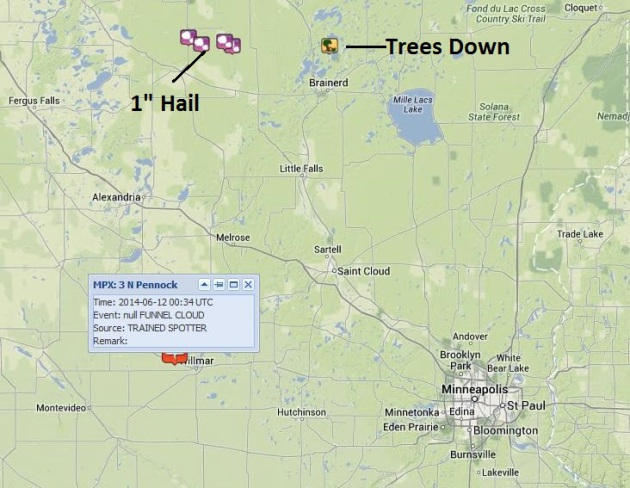
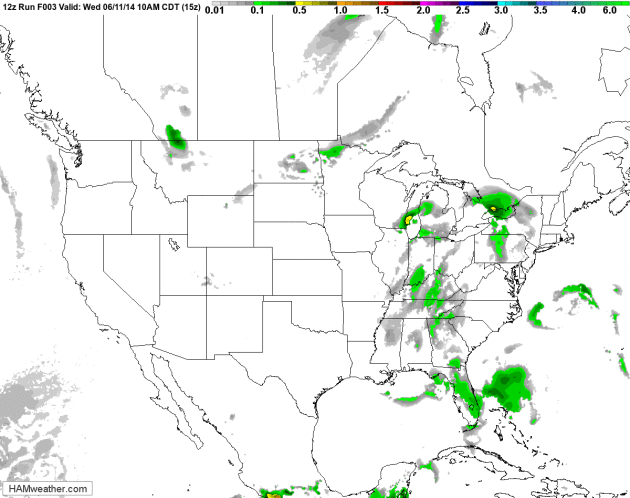
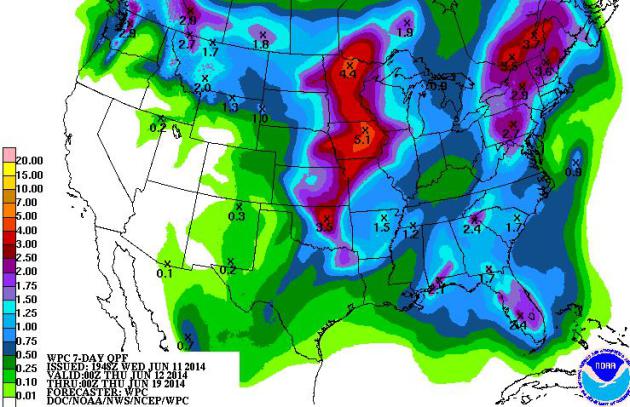
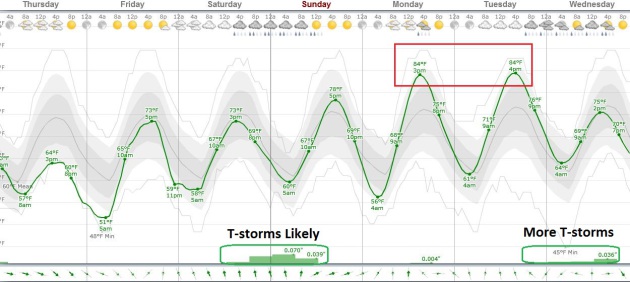
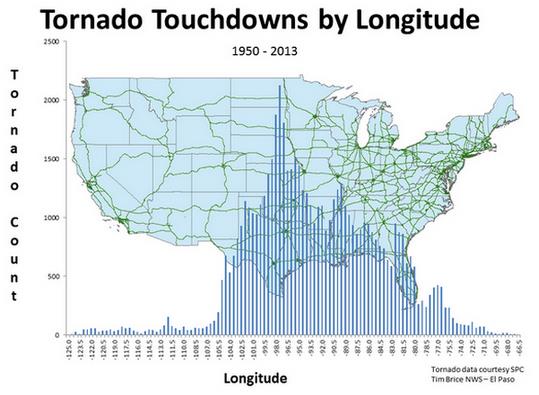
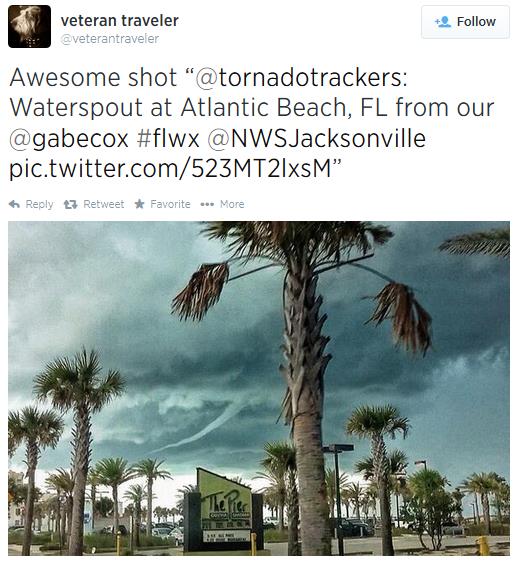
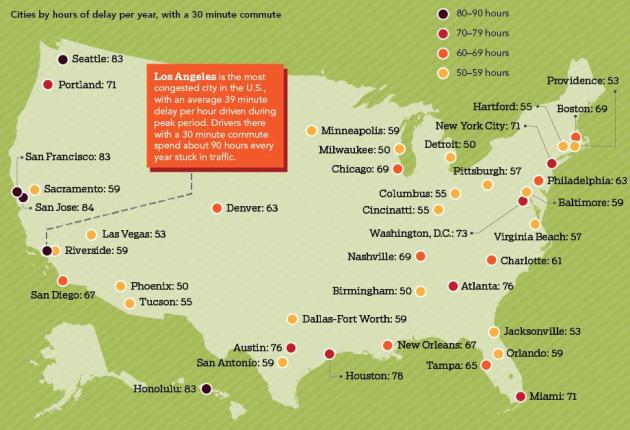
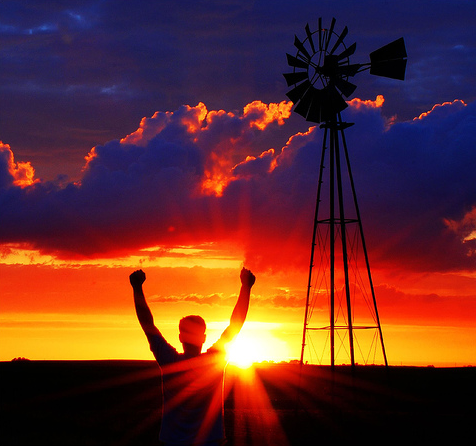
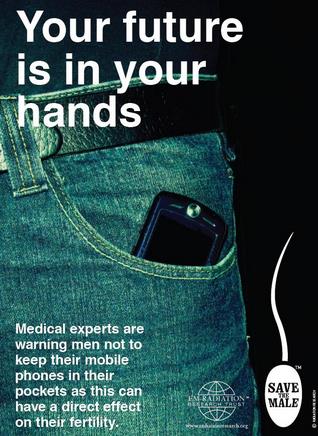
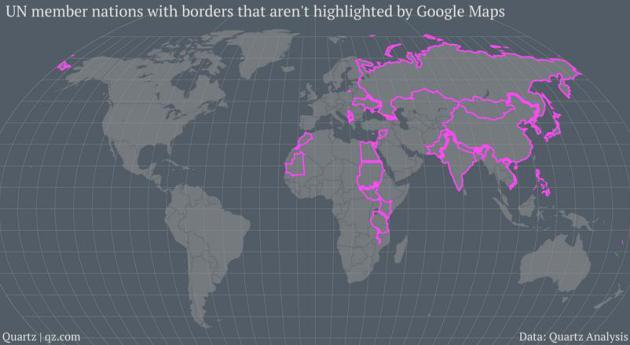
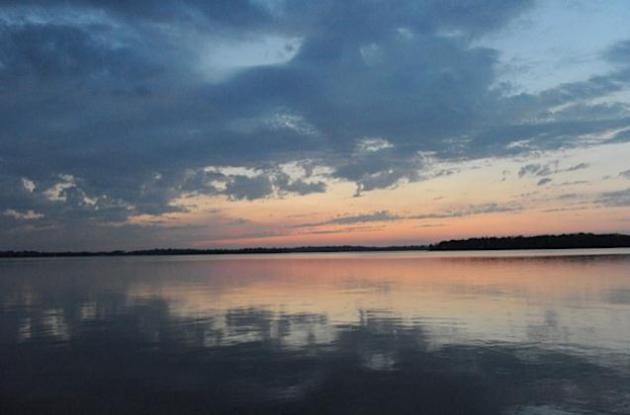
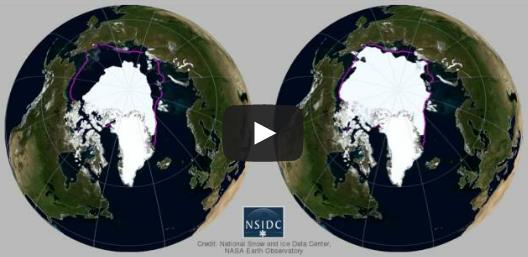

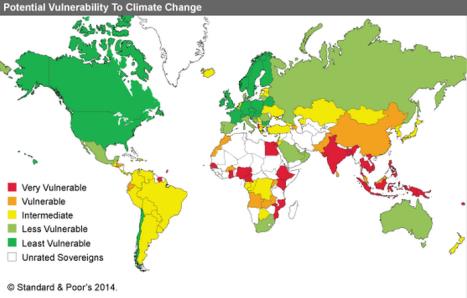
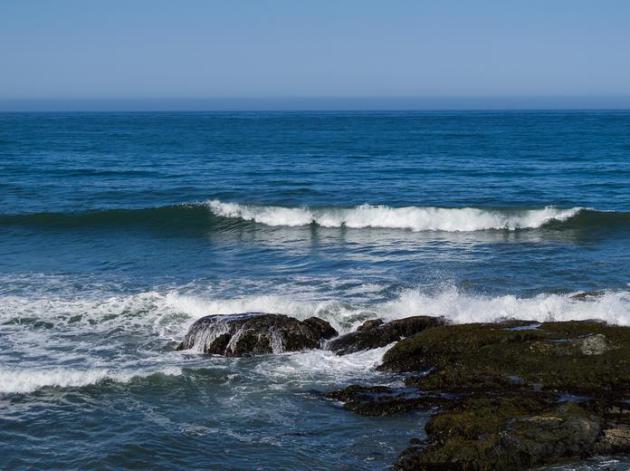

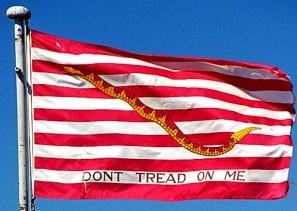
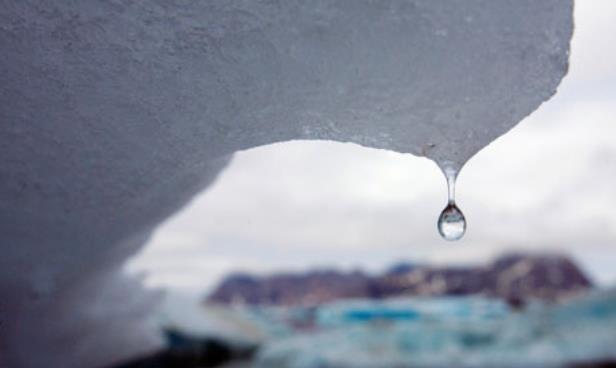
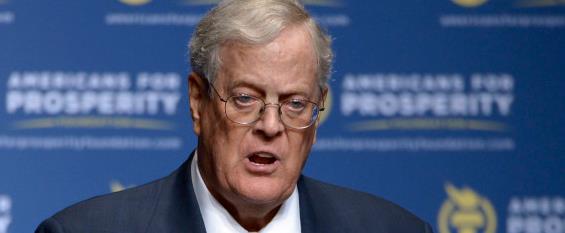
No comments:
Post a Comment